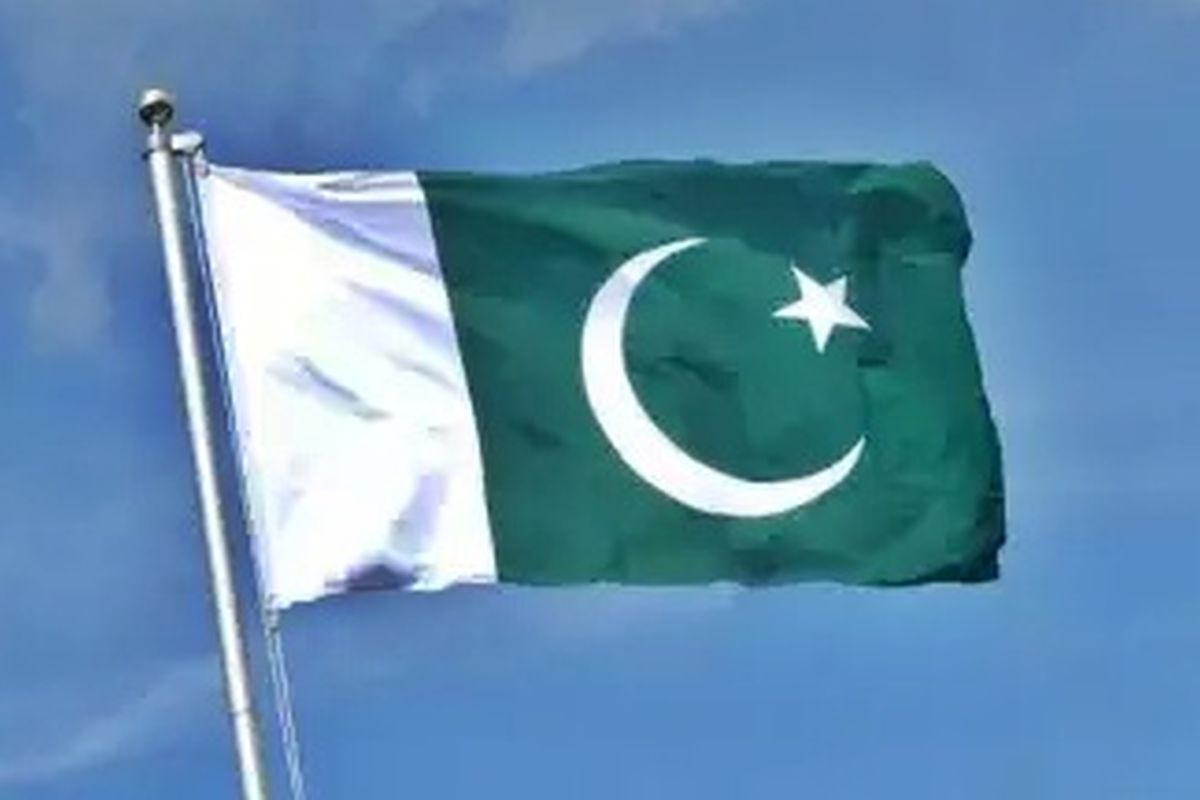Pakistan rejects US report on human rights practices
This year's report is once again conspicuous by its lack of objectivity and politicization of the international human rights agenda, it added.
Former Prime Minister Imran Khan, after being turfed out of power when the no-confidence motion against him was carried in parliament, has, expectedly, taken to the streets.

(Photo: IANS)
Pakistan is perhaps best described as a failing state. And the indications are, nearly two months after the Imran Khan regime lost power and the Shahbaz Sharif administration was sworn-in, that the world may not have too long to wait for the collapse of institutions in that country bar sections of the army, higher judiciary, and foreign policy establishment. It is a scary prognosis but realistic given the perennial instability of Pakistan’s politics, the inter-generational radicalisation of an overwhelming majority of the populace, and the concentration of power in the hands of a dysfunctional elite. As a result, the crisis in Pakistan continues.
Former Prime Minister Imran Khan, after being turfed out of power when the no-confidence motion against him was carried in parliament, has, expectedly, taken to the streets. He’s been organising rallies across the country questioning the credibility of his successor Prime Minister Shahbaz Sharif, criticising (as overtly as possible for a Pakistani politician) the role played by the army and calling for a fresh general election as the panacea for all of Pakistan’s ills. He is clearly aiming to garner what sympathy he can for his narrative which is that he was “unseated at America’s behest”. Prime Minister Sharif and his coalition partners are equally determined not to allow that to happen and have signalled their intent to continue till the next poll scheduled more than a year later. But the problem is that apart from allowing the Army to reset the Islamabad-Washington relationship which Mr Khan was seen as having upended, Mr Sharif is perceived to be heading a government struck by policy paralysis.
The attacks on him by Mr Khan ~ he is routinely referred to as the “crime minister” heading an “imported government” ~ have started taking a toll. Mr Sharif is not helping his cause by kowtowing to his charismatic elder brother and three-time former Prime Minister Nawaz Sharif, who was deposed in 2017 on corruption charges and lives in London. According to many observers, the older Sharif wields significant control over the party, and therefore the government.
Advertisement
That Prime Minister Sharif and members of his Cabinet made a trip to London last month to consult with his brother “on the direction of the new government” while Pakistan’s economy continued its downward spiral sparked fresh public anger. Tough decisions are on the anvil for the Sharif administration ~ for example, whether to continue the costly, unsustainable fuel subsidies that Mr Khan’s government introduced and which the International Monetary Fund wants to be rolled back as a precondition for renewing Pakistan’s loan programme. But withdraw- ing subsidies would add to the regime’s unpopularity. The government has stalled, and even spurned its Finance Minister’s advice to maintain that subsidies will remain “for now”.
It looks like more of the same for the foreseeable future ~ the Pakistani political establishment, whether headed by Mr Khan or Mr Sharif, is likely to continue using the Islam and India cards to keep public attention diverted from their own failures even as the Pakistani state withers away.
Advertisement